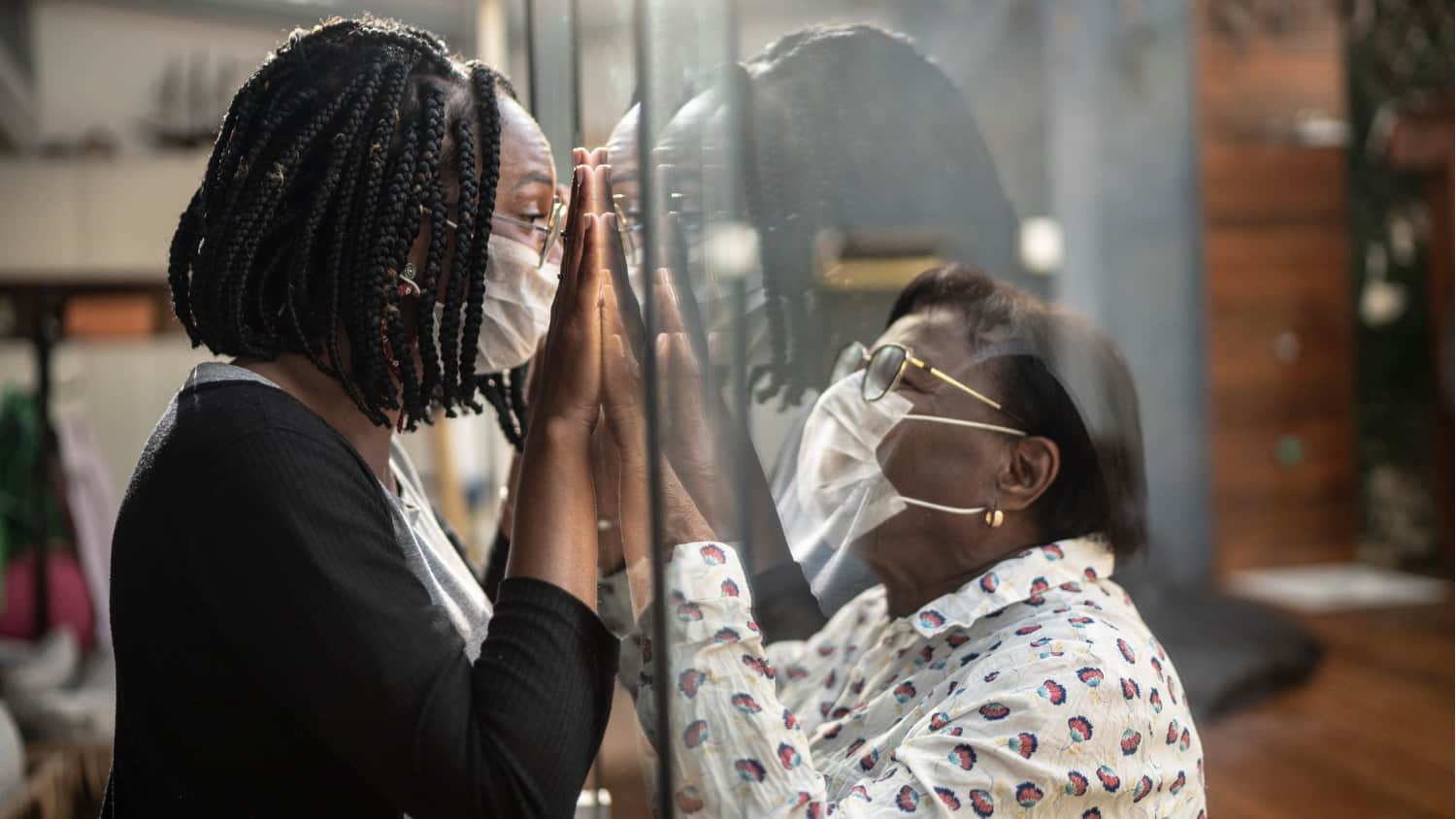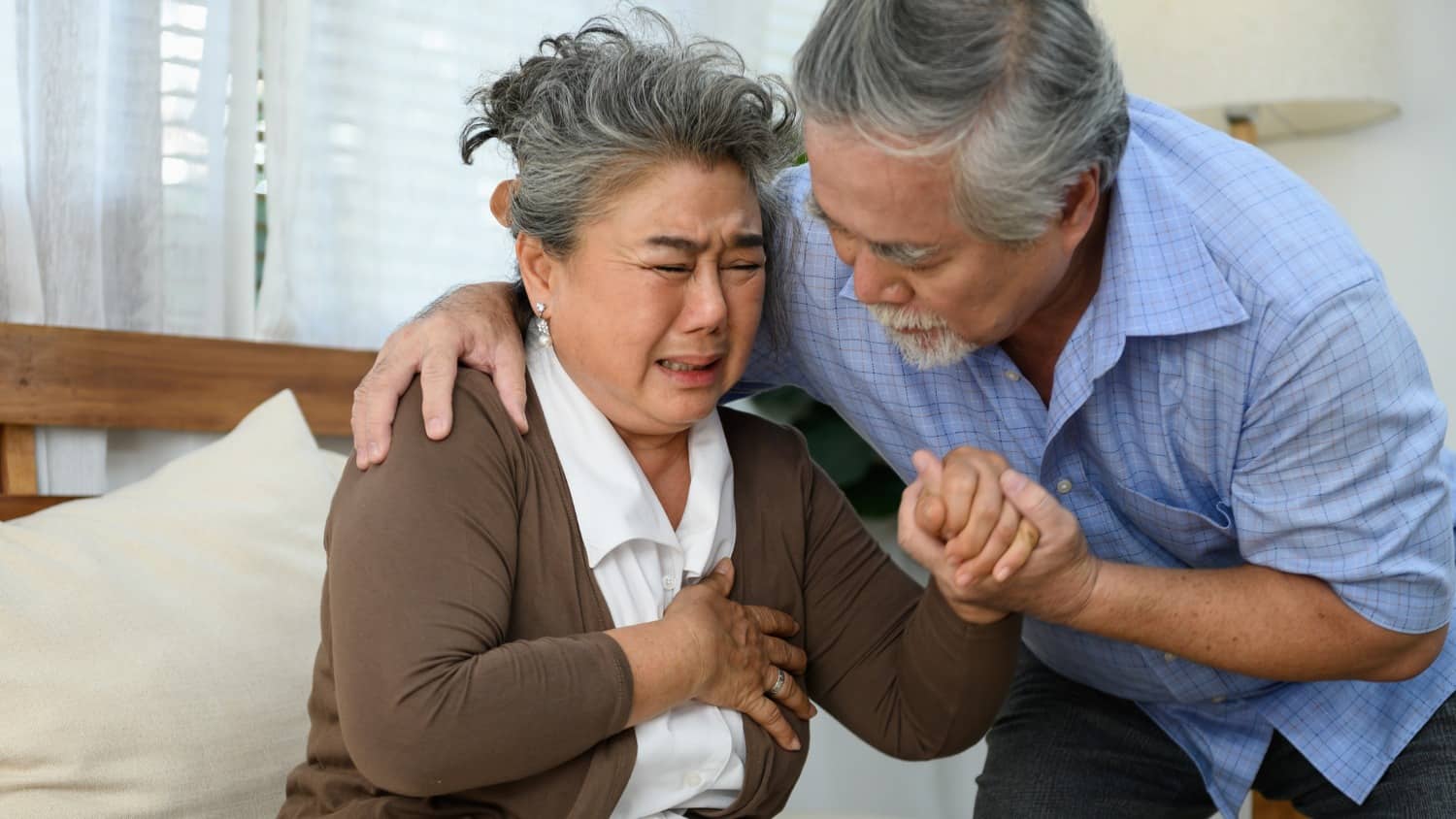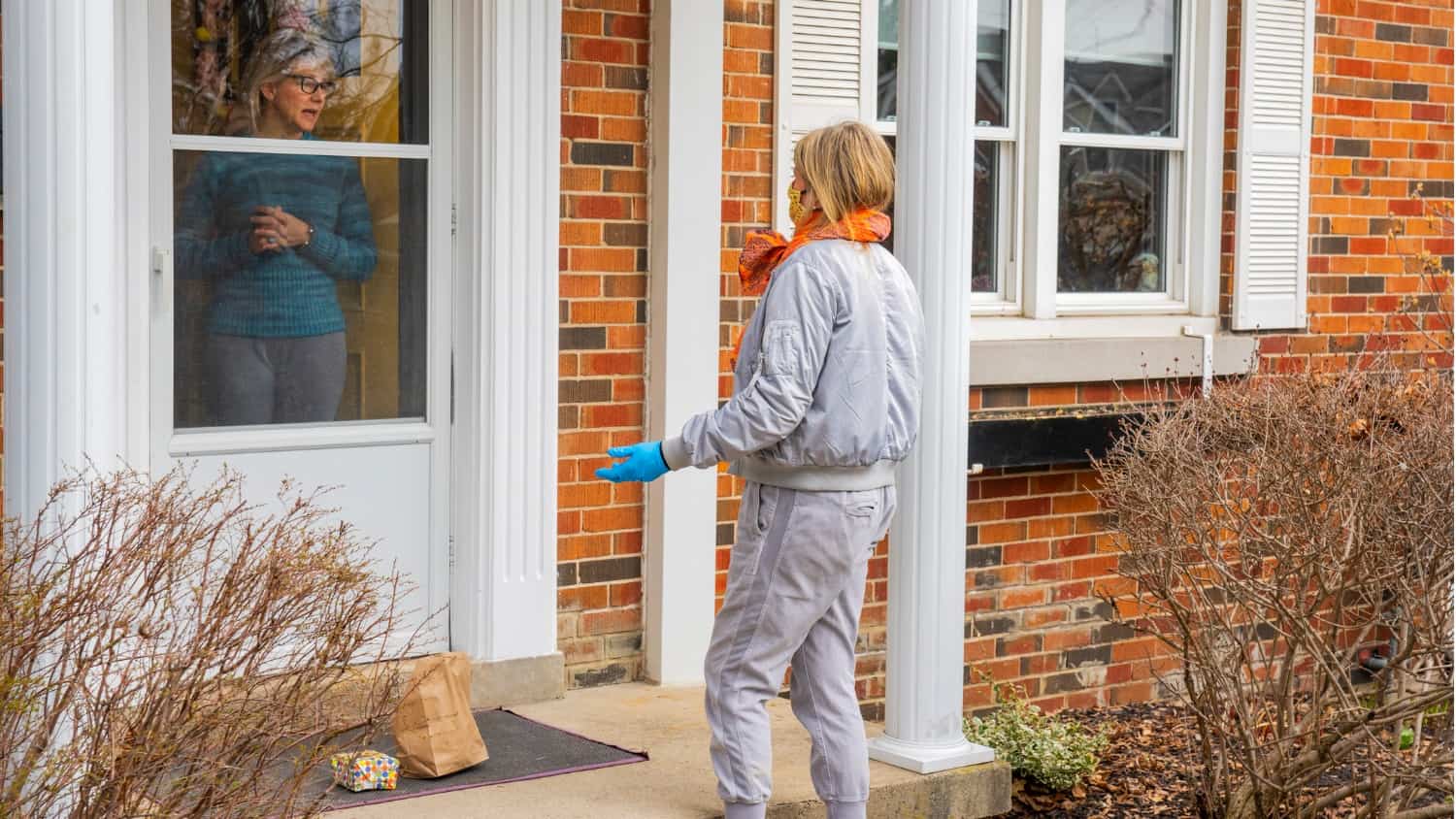
What Do Our Adult Children Owe Us in the Pandemic?
When I was writing my book, Parents of Adult Children: You Are Not Alone, I found that the major source of discontent – on both sides of the generational divide – was the disparity between the parents’ expectations and their grown offspring’s sense of obligation. This disconnect has only been exacerbated by the pandemic.
Parents, especially when they live alone, feel keenly the isolation that accompanies lockdown orders. “No wonder solitary confinement is reserved for the worst criminal offenders,” one woman wrote to me. “These days I often have the urge to scream, if only to hear the sound of a human voice!”
Connecting with Adult Children
Unable to engage in our usual activities outside the home, be it yoga, concertgoing, shopping, going to the office, or eating out at restaurants, parents find that time hangs heavy on their hands. And with more time to think, many of us find more time to brood over which one of our offspring called and which one didn’t.
Our grown children, for their part, are also struggling during this difficult time. They may have children at home who need help with schoolwork while at the same time they’re supposed to be putting in a full day’s work.
Or, like so many millions of others, they may have lost their job or business and are panicked about how they’re going to pay their bills. While they’d like to do right by their parents, they are simply overwhelmed by their own Covid-related problems.
Does that absolve them from paying attention to us and, if not, how much attention is reasonable to expect? That’s a big question that each person has to answer for herself. This fall I heard of adult children who called every day, who drove by with Thanksgiving dinner, who flew five hours for a brief visit with their parents, outside and masked.
At the same time, I heard of other adult children who barely remembered they had parents, so preoccupied were they with just getting through the day in these challenging times.
We have no agreed-upon social compact that dictates how grown offspring are supposed to treat their parents, and that’s what causes the trouble.
You may have thought you were setting a good example through respectful behavior toward your own parents, but your kids my be interpreting “Honor Thy Father and Mother” much more casually.
10 Things You Can Do to Stimulate Connection
Rather than sink into the quicksand of hurt feelings, know that there are things you can do to promote the familial interaction you crave:
Schedule It
If you don’t have standing appointments with your grown children, chances are that weeks could slide by without contact. It might feel contrived at first, but appointments work.
Up Your Electronic Game
Get good at Zoom and Facetime and embellish with photos, videos, and other kinetic features. It’s a graphic world out there, and you want to show you’re part of it.
Play Games
Finding games every age can enjoy, such as Bingo, helps family members stay connected. Many are easily adaptable for online play.
Share Your Passion
Bringing your children and grandchildren into your hobby, philanthropic work, or occupation can form the basis of a good discussion.
Give Lessons
My husband and I were recently put in charge of our grandchildren’s religious education because their Sunday school closed down. We are learning as much as they, and it’s helping us bond despite the miles that separate us.
Send Little Gifts
Finding small, nostalgic things for your kids around the house or online, says “I care.”
Meet Outdoors
If you are in driving distance of each other, having a short in-person visit – even by rolling down the windows – can be a real upper.
Text Away
This is the way the younger generation communicates, and it increases your chances of getting an answer to your queries.
Feel Safe
If your grown children invite you for a visit, but you don’t feel comfortable traveling right now, decline, diplomatically of course, rather than spending the whole time on pins and needles – or quarantining in their basement.
Be Upbeat
When you do speak with the children and grandchildren, don’t complain about your situation or their lack of attentiveness. Your bid for their sympathy is a losing strategy if ever there was one!
I would love to think that I am uppermost in my kids’ minds during the Covid crisis. Yet, that’s simply not realistic. I have come to terms with being the more pro-active about staying in touch, and I have also decided that they probably need more shoring up during this difficult time than I do.
My advice is that you do the same. Don’t keep score as to who called whom last and who said “How are you doing?” more often. As the saying goes, “We’re not here to see through one another but to see one another through.”
How often do you connect with your grown children these days? Do you help them with grandchildren? Do they help you in some way? Please offer your thoughts below!






